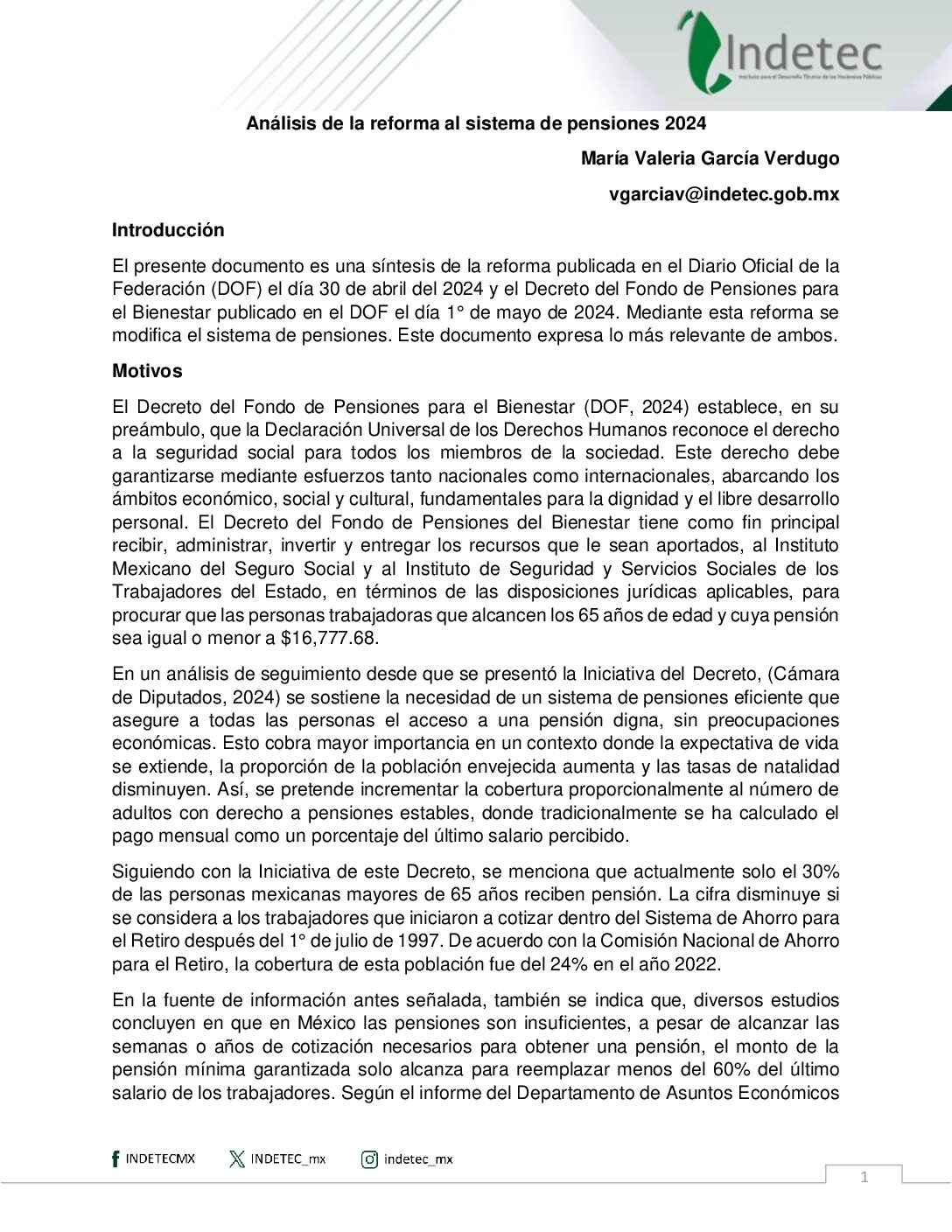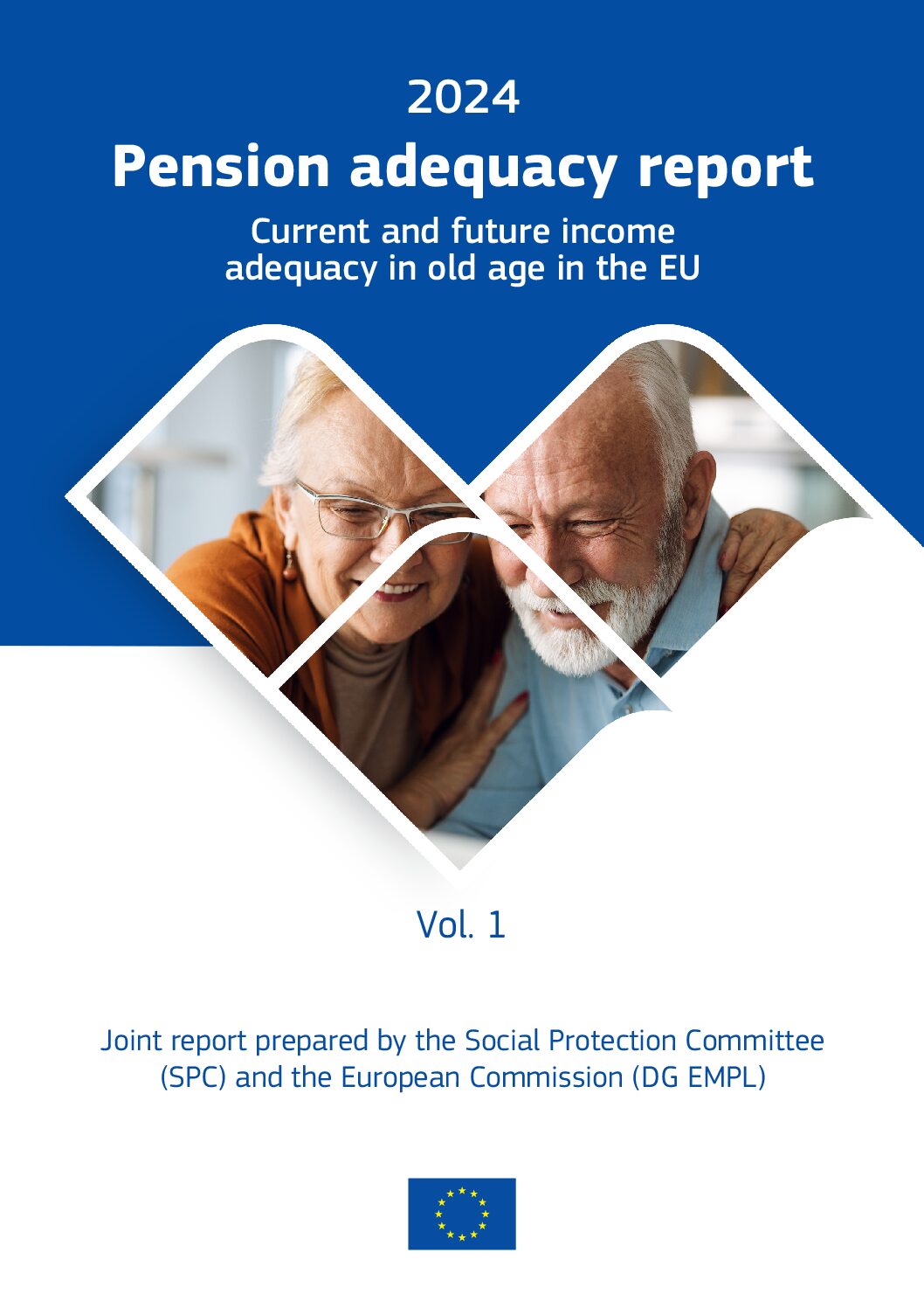The Impacts of Raising the Public Pension Eligibility Age on the Lifestyles of Elderly People: Evidence from Japan
By Shinya Inukai With many countries facing rapid population aging, the sustainability of public pensions has become a pressing issue. I evaluate the impacts, including both employment and time allocation, of public pension reform on the lifestyles of the elderly. In Japan, all residents aged 20 or older are covered by the public pension, with eligibility determined mechanically based on age. I focus on the reform raising men's eligibility age from 60 to 61 in 2001 and estimate its impact...










